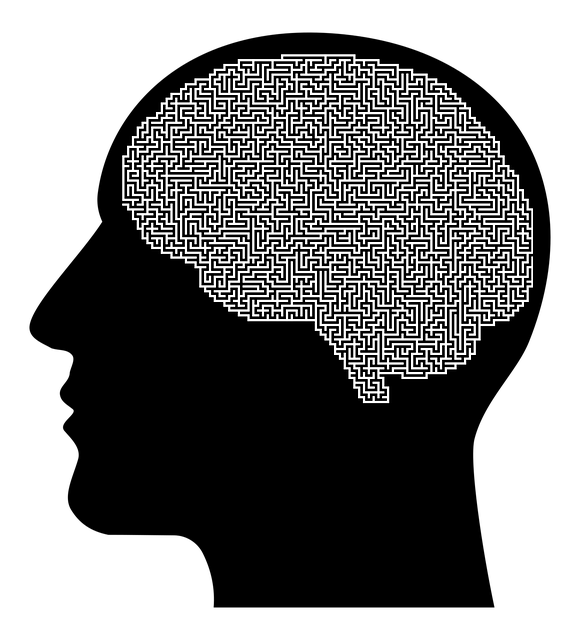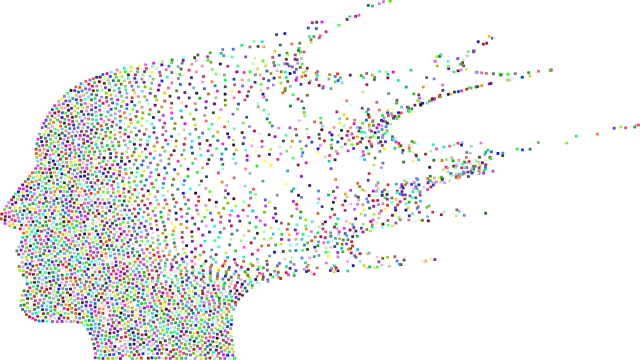Cultural sensitivity is a key principle at Castle Rock Codependency Therapy, ensuring personalized mental health care that respects diverse backgrounds. Therapists receive specialized training to connect with clients from various ethnic, racial, and socioeconomic groups, avoiding biases. The approach focuses on inclusive environments, confidence-boosting, and tailored social skills training, empowering individuals to overcome codependency rooted in cultural contexts. By acknowledging and integrating cultural differences, Castle Rock Codependency Therapy promotes effective therapy, improved emotional healing, and the use of culturally relevant resources for better outcomes.
In today’s diverse society, cultural sensitivity is a cornerstone of effective mental healthcare. This article explores the intricate dynamics of providing inclusive support, with a specific focus on the Castle Rock Codependency Therapy approach. We delve into understanding cultural nuances, identifying barriers, and adapting therapeutic practices to cater to a wide range of clients. By examining these aspects, mental health professionals can enhance their relationships with culturally diverse individuals, ensuring more accessible and meaningful care, especially in addressing codependency issues.
- Understanding Cultural Sensitivity in Mental Healthcare
- – Defining cultural sensitivity and its significance in mental health practice
- – Exploring diverse cultural beliefs, values, and practices related to mental well-being
Understanding Cultural Sensitivity in Mental Healthcare

Cultural sensitivity in mental healthcare is an essential aspect that cannot be overlooked. It involves recognizing and respecting the diverse cultural backgrounds, beliefs, and practices of clients, ensuring they receive care tailored to their unique needs. In a globalized society, where individuals from various ethnic, racial, and socioeconomic groups seek therapy, understanding cultural nuances becomes paramount. This awareness enables mental health professionals to offer effective support without inadvertently introducing biases or causing harm.
At Castle Rock Codependency Therapy, we emphasize the importance of cultural sensitivity in every aspect of our practice. Our therapists undergo extensive training to enhance their communication strategies, ensuring they can connect with clients from different backgrounds effectively. We also focus on confidence-boosting techniques and social skills training, which are tailored to meet the specific needs of diverse populations. By fostering a safe and inclusive environment, we aim to empower individuals on their journey towards healing and personal growth.
– Defining cultural sensitivity and its significance in mental health practice

Cultural sensitivity is a cornerstone in mental healthcare practice that involves recognizing and appreciating the diverse cultural backgrounds, beliefs, and values of individuals seeking support. It ensures that therapeutic interventions are tailored to meet the unique needs of each client, fostering an environment where everyone feels understood and respected. This approach is particularly relevant when addressing complex issues such as codependency, which can be deeply rooted in cultural contexts. For instance, Castle Rock Codependency Therapy incorporates cultural sensitivity to help individuals navigate their emotional healing processes, promoting self-care practices and effective stress management within their specific communities.
By embracing cultural sensitivity, mental health professionals can transcend the limitations of a one-size-fits-all approach. They become better equipped to engage with clients from diverse backgrounds, understand their experiences, and offer meaningful support. This not only enhances the effectiveness of therapy but also builds trust between therapists and patients, encouraging open communication and deeper exploration of personal challenges. Furthermore, it enables professionals to integrate culturally relevant resources and Self-Care Practices into treatment plans, ultimately contributing to improved outcomes in Emotional Healing Processes.
– Exploring diverse cultural beliefs, values, and practices related to mental well-being

In exploring cultural sensitivity in mental healthcare practice, one must delve into the rich diversity of beliefs, values, and practices surrounding mental well-being across different communities. This involves understanding that what constitutes health and illness is not uniform; cultural contexts shape perceptions of psychological distress, influencing help-seeking behaviors and treatment preferences. For instance, some cultures may emphasize spiritual or community-based healing modalities, while others prioritize individual therapy models.
The interconnectedness of mental health, culture, and identity is evident in various expressions, such as the growing recognition of Castle Rock Codependency Therapy, tailored to address specific cultural needs. This therapeutic approach reflects an awareness that effective treatment must consider Mental Health Awareness and Mood Management within the framework of an individual’s cultural landscape. The Mental Wellness Podcast Series Production can serve as a powerful tool for disseminating culturally sensitive information, fostering open dialogues, and promoting holistic mental wellness strategies across diverse communities.
Incorporating cultural sensitivity into mental healthcare is no longer a consideration but a necessity. By understanding diverse cultural beliefs and values, therapists can provide more effective care, especially in addressing issues like codependency, as exemplified by Castle Rock Codependency Therapy. This approach ensures that individuals from various backgrounds receive treatment tailored to their unique needs, fostering better mental health outcomes and building stronger, more resilient communities.














